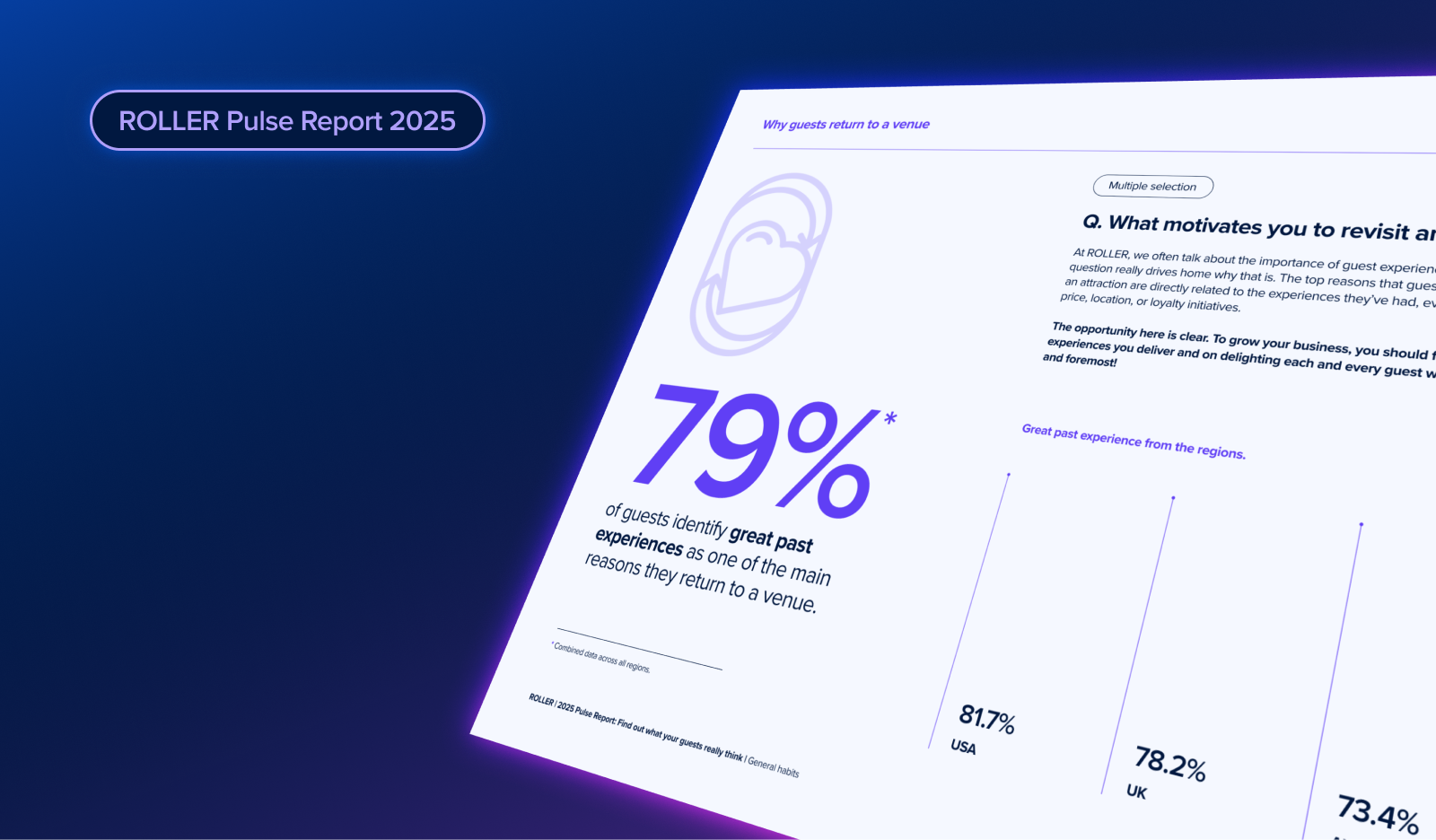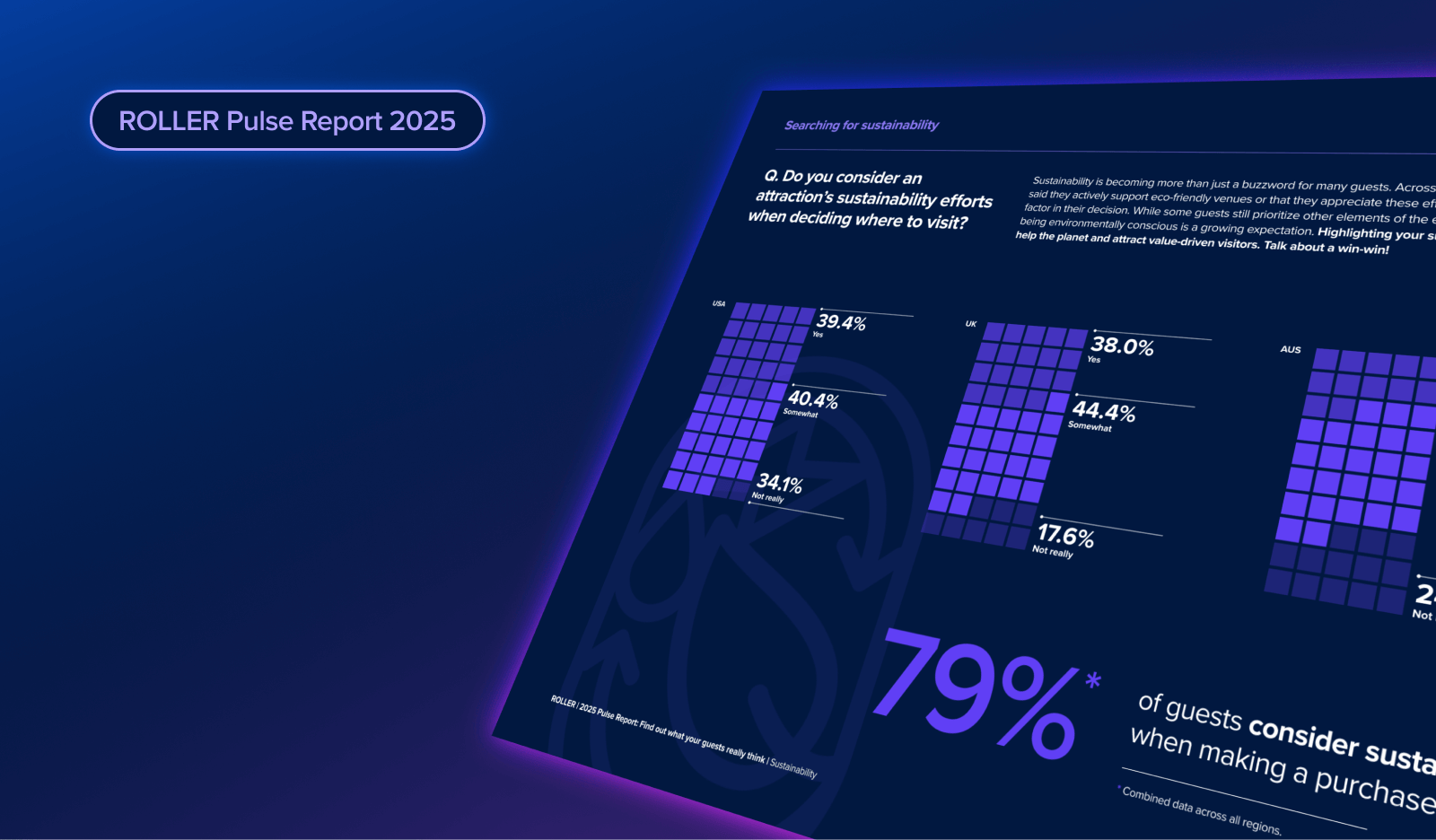Your Guests Aren’t Complaining Enough

There is a lot of talk about striving for positive feedback. Making sure guests are posting online, calling out staff members who get mentioned specifically on social media, or otherwise making sure that you can regularly prove that your guests are having a great time. Positive feedback is great. It lets us know what we’re doing right so we can keep doing it, and let’s just tell it like it is: it feeds our ego. It confirms that we’re providing an excellent experience and that we’re living up to the standard we set out to deliver. It also acts as a powerful marketing tool since we know that word of mouth referrals and positive reviews are a great source of trust for prospective guests.
Negative feedback, usually in the form of guest complaints, usually has the opposite effect. Whether guests are complaining in person, after their visit, or if they’re taking their talents to Yelp and TripAdvisor, make us feel that perhaps we are inadequate, that we aren’t doing a great job, or in many cases trigger our defence shields and we try to prove to the guest that they’re wrong and complaint is completely baseless.
Whatever that feeling is in the pit of your stomach when a guest shares that they had less than a stellar experience, it can be a tough pill to swallow. I once even had a manager who told me that we needed to make sure we had zero guest complaints, because every guest must have an exceptional experience.
While I agreed with the goal that this manager put in place, I had to explain why I disagreed with the notion that we should shoot for zero complaints. If no guests were complaining, we were missing valuable opportunities to learn how to make the operation, and the guest experience, substantially better.
One of the best examples that comes to mind happened one night when I was the duty manager at a small park. While walking the midway, I came across a guest sitting on a bench, watching her son enjoy the bumper boats, but she had a look on her face that gave me the impression she wasn’t enjoying much of anything at all. Without any particular agenda or idea where the conversation would go, I approached her with an offer of assistance.
She appreciated my offer, but told me that no assistance was needed. I gave the standard, “Are you sure?” response, but she assured me that everything was fine, and that she didn’t want to complain or bother me.
What I couldn’t tell her was that her not complaining actually did bother me. Instead, I told her that I was there to help, and that if there were any issues, I wanted to make sure that I was on top of them. I wouldn’t think that her complaint was a burden on me, the one in charge of making sure everyone was having a good time.
Even though this had to go back and forth a few times, eventually she opened up and told me that she wished more of the rides were open. Her son was excited about visiting, and when they got there, he was bummed that the entire park wasn’t open, and the mom was upset because she felt like she wasn’t getting her money’s worth.
Wait. They thought rides were closed? We’re fully operational! Everything’s open!
After I processed this thought for a minute, it dawned on me that because we were slow that night, I had already sent a few staff members home, and the employees that stayed were tasked with operating multiple attractions, based on where guests were heading and by personal request. These were small rides that only required one person to operate, and no staff member had to go too far to get to one of the rides in their area.
This completely changed the tone of the conversation. “I’m so happy you told me this! All of our rides are actually open, but I can completely understand why you and your son may have thought they were closed. There should be an attendant nearby any of the rides you want to go on, but I am so sorry if they weren’t immediately visible or if this wasn’t made clear for you. When your son is off the bumper boats, let’s get you both to the next ride.”
Now I was able to jump into resolution mode. I was made aware of an issue I didn’t previously know about, and it was a quick fix. A simple call over the radio would have been the end of it, but I decided to go the extra step of walking them directly to make sure they got on their next ride and did a proper handoff to the ride operator. The mom and her son were happy, and she thanked me for prodding a little bit more than I needed to, saying that she was glad she spoke up.
If I were striving for zero complaints, then this guest’s initial reply that her issue wasn’t a big deal would have been all I needed to keep going right past her and on with my night, under the assumption that everything was great. That would have led to an unhappy mom and son who a) wouldn’t have had the full experience they expected to have, and b) felt like they were getting ripped off by not getting the full value of what they paid for. Follow this scenario further and when they left they would decide not to come back, and the son would tell his friends that they shouldn’t go either. By intervening my way into a situation for a guest who “didn’t want to be a complainer,” I was able to save the day, save the experience, and hopefully make them decide that they need to come back, and tell everyone they know that they should visit too.
Instead of trying to get your total complaints down to zero, instead look at your guest experience from the lens that your guests aren’t complaining enough. The more complaints you can uncover (especially while you still have them during their visit), the more “Wow” moments you can deliver to guests who didn’t expect it.
Related articles

.png)
What the 2025 Pulse Report Reveals About Guest Booking Behavior at Attractions

2025 Pulse Report: How Sustainability Is Shaping Guest Expectations
Enhance your guest experience
Get free education, tips and inspiration to help you run a successful venue.